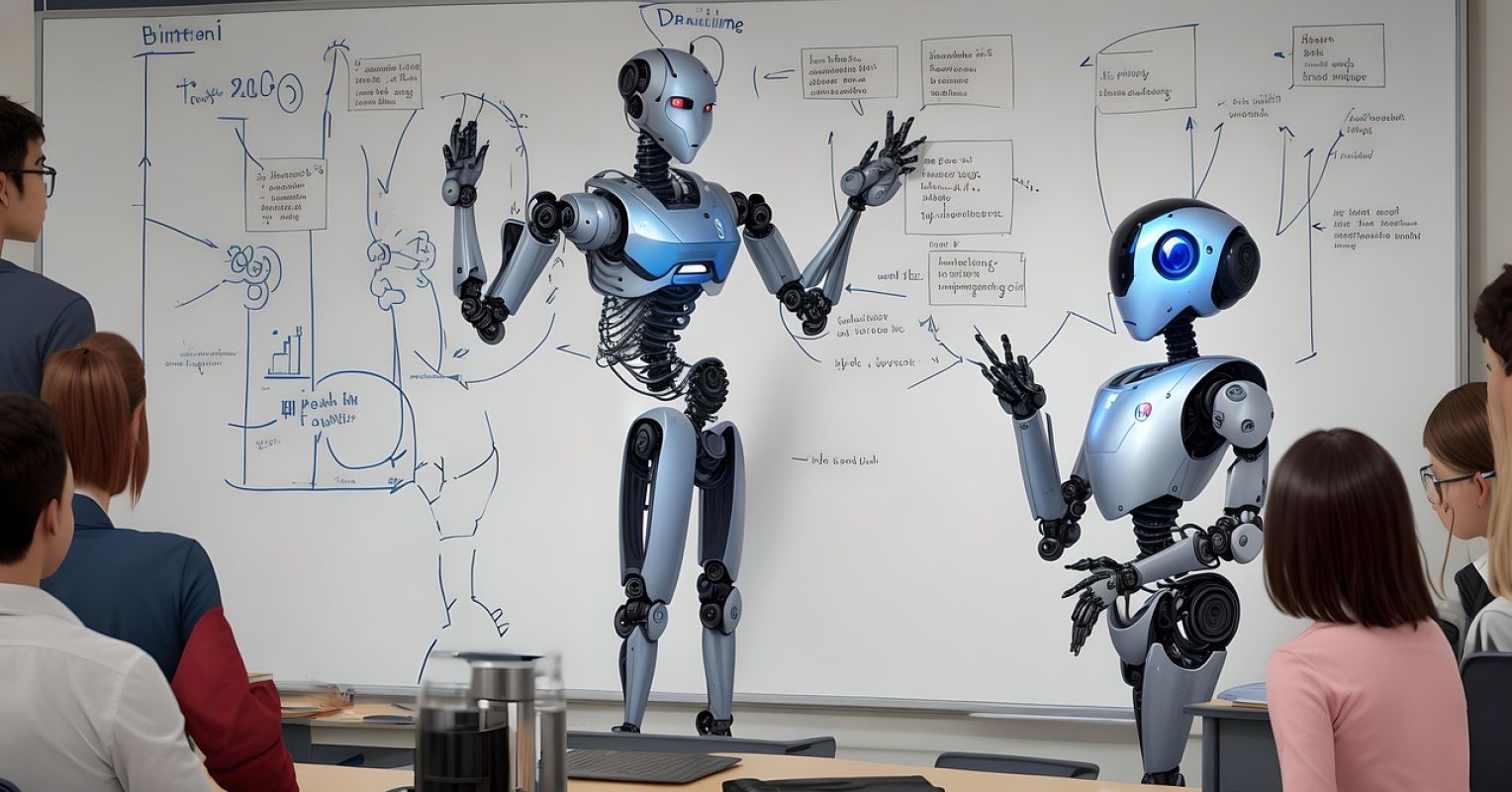
"Sometimes our reasoning is exactly what it appears to be: deliberate, logical, and consciously constructed. But other times—especially when we don't really know why we made a decision—we tell ourselves a story after the fact."
"According to recent research by Anthropic, Claude's real reasoning process was far less orderly, approximating values and then cobbling together a final answer."
"In exploring how we rationalize our thoughts, the article emphasizes that many of our explanations reflect assumptions rather than the actual cognitive processes at play."
"Nisbett and Wilson's 1977 review found that we often lack direct access to the mental processes that produce our behavior, leading us to offer explanations rooted in assumptions."
The article discusses how AI, notably Claude, can provide seemingly logical answers to math problems while employing a chaotic internal reasoning process. This dissonance parallels human behavior: we often narrate our decision-making processes based on assumptions rather than actual awareness. Citing research by Nisbett and Wilson, it highlights our habitual lack of access to true cognitive mechanisms, resulting in post-hoc rationalizations that may misrepresent the true factors driving our choices. Thus, both AI and humans may construct plausible narratives that do not accurately reflect their underlying reasoning.
Read at Psychology Today
Unable to calculate read time
Collection
[
|
...
]